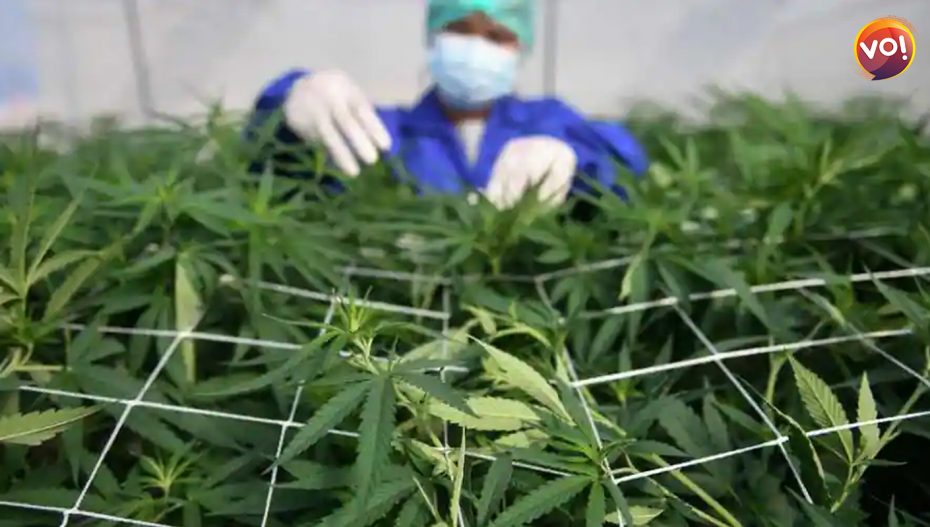The Thai government has announced plans to distribute a million cannabis plants to households across the nation next month, when most of the legal restrictions on cultivating weed at home will be lifted. In India, cannabis and its derivatives are classified into marijuana, ganja and bhang.
With about a third of its labour force engaged in agriculture, Thailand has been trying to promote cannabis as a cash crop for some time now. In fact, in 2018, it became the first country in the Southeast Asian region to legalise the use of cannabis for medical use.
One of the country’s most vociferous proponents of decriminalising cannabis, Public Health Minister Anutin Charnvirakul announced the move on Facebook earlier this month, stating that he intended for cannabis plants to be grown like “household crops.”
The plant-distribution project is set to start next month and will allow residents to grow medical-grade marijuana for their own personal use or as part of a small-scale commercial enterprise. Large-scale businesses will still require government permits.
“This will enable people and the government to generate more than 10 billion baht (around INR 22,27,000) per year in revenue from marijuana and hemp,” Anutin wrote in his Facebook post. With the new project, the Thai government seeks to encourage the cultivation of medicinal cannabis at home. Officials hope with the new law, the country’s growing cannabis industry will slowly start to generate hundreds of millions of dollars each year, and will attract international visitors and strengthenmedical tourism, which took a massive hit during the coronavirus pandemic.
The country’s new rule, which will be enacted on June 9, will permit people to grow cannabis plants at home after informing their local government. However, the cannabis cultivated at home must be of medical grade. Extracted contents will remain illegal if it contains more than 0.2 per cent of THC(tetrahydrocannabinol), which is the part of the plant that is responsible for getting people intoxicated.
Large-scale enterprises will still be required to seek permission from the country’s Food and Drug Administration. According to a report by the Bangkok Post, the FDA received about 4,700 applications just last month for licenses to import, possess, grow and produce cannabis and hemp.
In 2018, the country became the first in Southeast Asia, a region otherwise known for strict punishment against drug use, to legalise marijuana for medical use and research. “This is a New Year’s gift from the National Legislative Assembly to the government and the Thai people,” said Somchai Sawangkarn, chairman of the drafting committee.
Since then, several restrictions on the use of medicinal cannabis were gradually eased. Several European countries — including the Netherlands, Spain and the Czech Republic — permit smoking marijuana in public places. In the US, consumption of marijuana is legal in at least 20 states, including Washington DC, New York and California.















